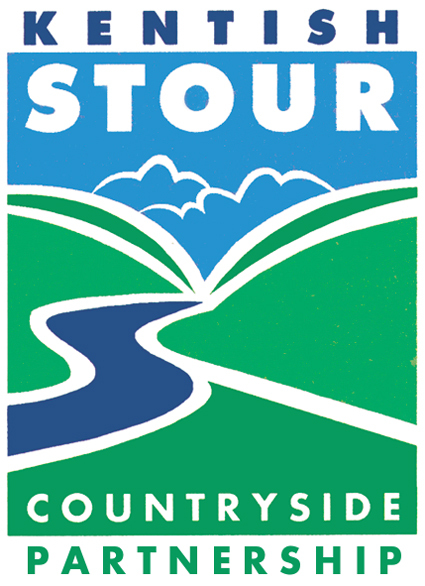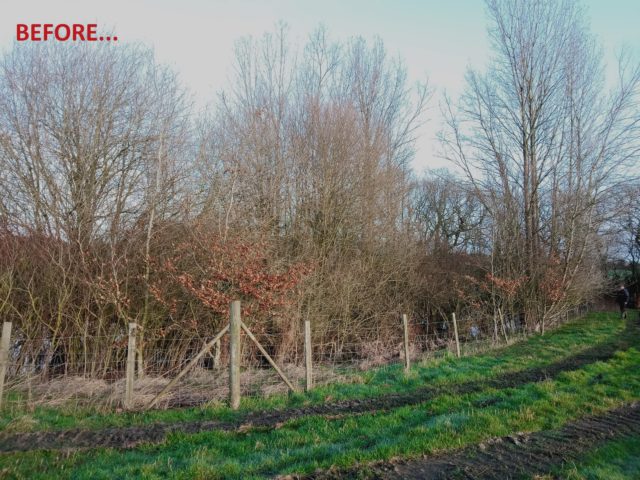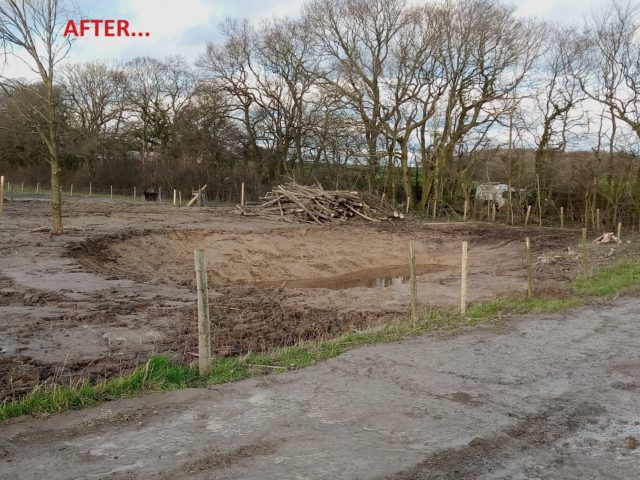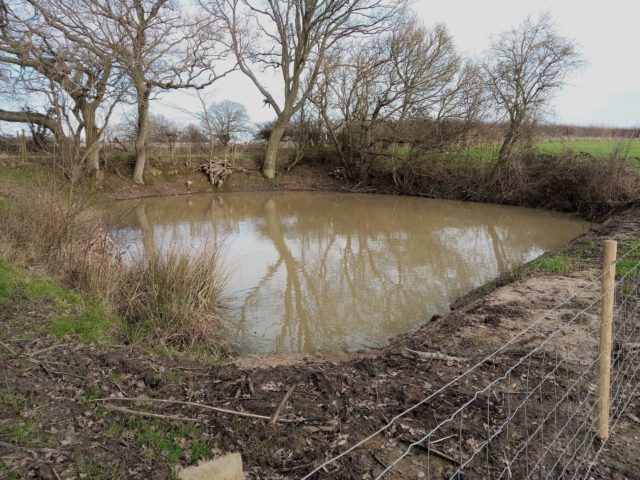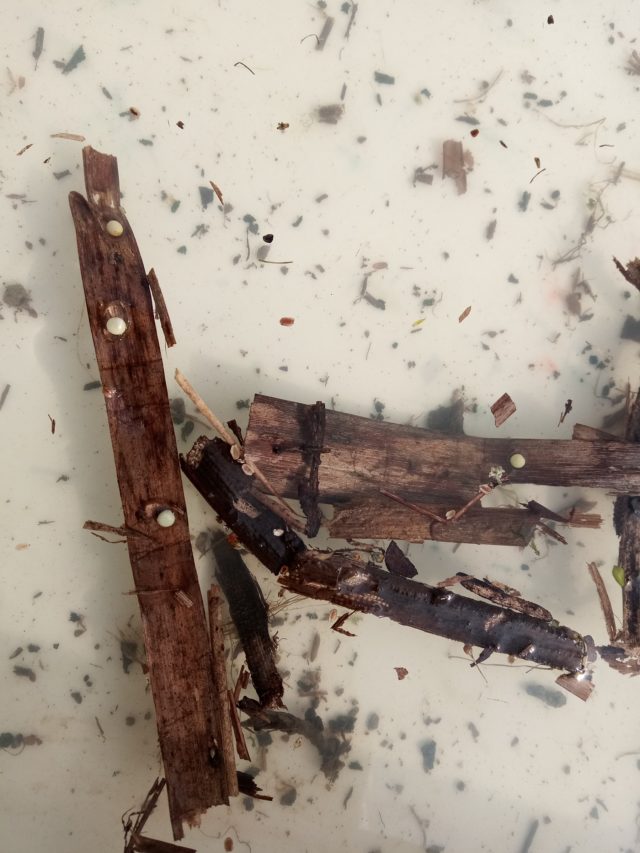Pond work for Great Crested Newts
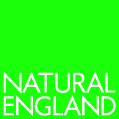
Restoring and creating wildlife ponds
KSCP is one of the countryside partnerships in Kent appointed by Natural England as the Habitat Delivery Body to create and restore ponds to boost GCN habitat and numbers as part of District Level Licensing.
Natural England developed this strategic site-based approach as an alternative to the traditional licensing route that requires developers to outsource detailed survey, capture, exclusion and mitigation works for this European Protected Species. Under this new scheme developers can make a conservation payment which will cover creating or restoring ponds in clusters. This more pro-active approach should bring the greatest benefit to the newt’s overall local populations.
The Partnerships are working with landowners in what is known as ‘Strategic Opportunity Areas’ – locations where GCNs have been found through surveys and/or are known to be moving around – using guidelines produced by Natural England.
Sadly GCN numbers have been in a steady decline since the 20th Century with approximately 50% of ponds lost due to changes in farming practices, a lack of suitable habitat and ponds being filled in or becoming silted up. GCNs prefer fish-free ponds of 100m2 upwards and a minimum of 1.5m deep, with areas of submerged and marginal vegetation and open water to facilitate courtship behaviour.
In 2018/19 Kent was one of four counties incorporating 32 local authorities involved in this Natural England scheme. KSCP managed the restoration or creation of 19 ponds in and around Ashford from September to March when amphibians are less active. The scheme is very popular and in 2019/20, KSCP will be completing another 29 ponds on both farmland and private land. There are now 11 counties (69 local authorities in total) in England involved with the scheme.
There are signs already that the scheme is working; during a post-works pond check of a 360m2 pond restoration in Bethersden in February 2020, GCN eggs were found on floating leaf debris. Considering this pond just 3-months previous was overgrown, shallow and unsuitable for amphibians, this is fantastic news!
If you have a pond which is in need of restoration, or have space for a creation, please get in touch: kentishstour@kent.gov.uk or 03000 410900.
Information about the District Level Licensing Scheme.
Read the latest Natural England Pond Monitoring blog 2020_Kent
